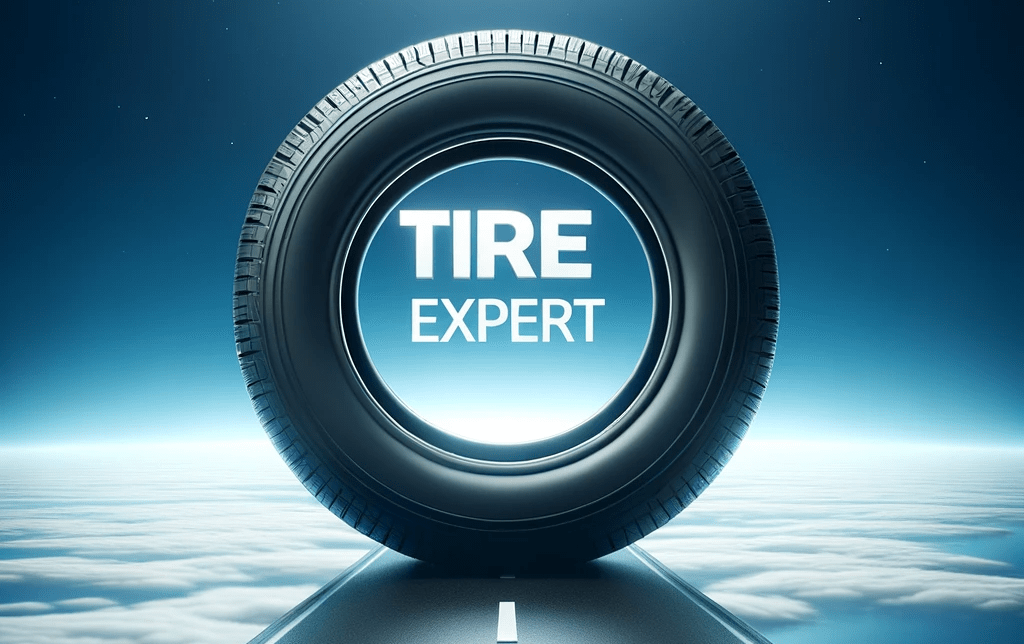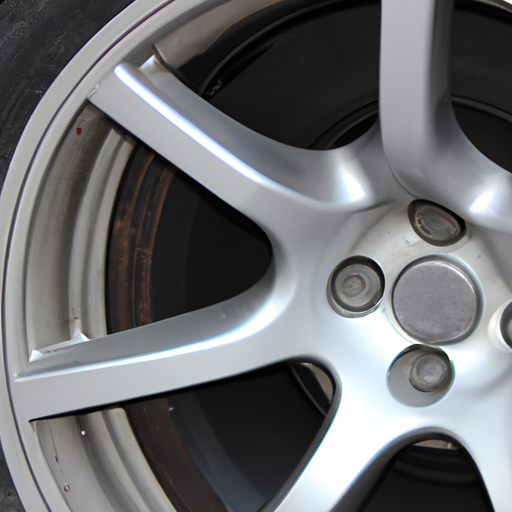Have you ever wondered if it’s possible to repair bent or damaged car wheels? Well, the answer is a resounding yes! Whether it’s a minor bend or a significant dent, there are solutions available to get your wheels back in top shape. From professional repair services to DIY techniques, this article explores the various options you have to fix your wheels and get your ride back on the road in no time. So, let’s find out how you can restore your damaged car wheels and regain that smooth and safe driving experience you’ve been missing.
Causes of Bent or Damaged Car Wheels
Potholes
Potholes are a common cause of bent or damaged car wheels. When you hit a pothole at speed, the impact can cause the wheel to bend or crack. Potholes are particularly dangerous because they can be difficult to spot, especially at night or when driving in bad weather conditions. It’s essential to pay attention to the road and try to avoid potholes whenever possible.
Curbs
Accidentally hitting a curb while parking or making a turn can also lead to bent or damaged car wheels. The force of the impact can cause the wheel to get dented or become misshapen. It’s important to be cautious when parking or maneuvering your vehicle to avoid hitting curbs.
Accidents
Car accidents can result in severe damage to your car’s wheels. Colliding with another vehicle or hitting a stationary object can cause the wheels to bend, crack, or even become detached. In such cases, it’s crucial to have your car inspected by a professional to assess the extent of the damage and determine the best course of action.
Tire Blowouts
A sudden tire blowout can cause the wheel to become significantly damaged. When a tire bursts while driving, it can put excessive strain on the wheel, leading to bending or cracking. Tire blowouts can be caused by multiple factors, including low tire pressure, poor tire maintenance, or hitting a sharp object. It’s essential to regularly check your tire pressure and inspect your tires for any signs of damage to prevent blowouts.
Identifying Bent or Damaged Car Wheels
Visible deformities
One of the easiest ways to identify bent or damaged car wheels is through a visual inspection. Look for any visible deformities such as dents, cracks, or bends on the surface of the wheel. If you notice any irregularities, it’s best to have your wheels assessed by a professional to determine the extent of the damage.
Vibrations while driving
If you experience excessive vibrations while driving, it could be a sign of a bent or damaged car wheel. The vibrations may be felt through the steering wheel or can be noticed in the vehicle itself. If you suspect wheel damage, it’s crucial to have your car inspected by a professional to avoid further complications.
Uneven tire wear
Bent or damaged car wheels can also cause uneven tire wear. If you notice that one or more tires are wearing out more quickly than the others, it could be an indication of wheel damage. Uneven tire wear can affect your vehicle’s performance, handling, and fuel efficiency. Make sure to have your wheels checked and repaired to ensure optimal tire lifespan.
Loss of tire pressure
A sudden loss of tire pressure without an evident puncture or leak can be a result of a damaged or bent car wheel. When the wheel is compromised, it may not seal properly with the tire, causing air to escape. If you frequently find yourself having to refill your tires or notice a rapid decrease in tire pressure, have your wheels inspected for any damage.
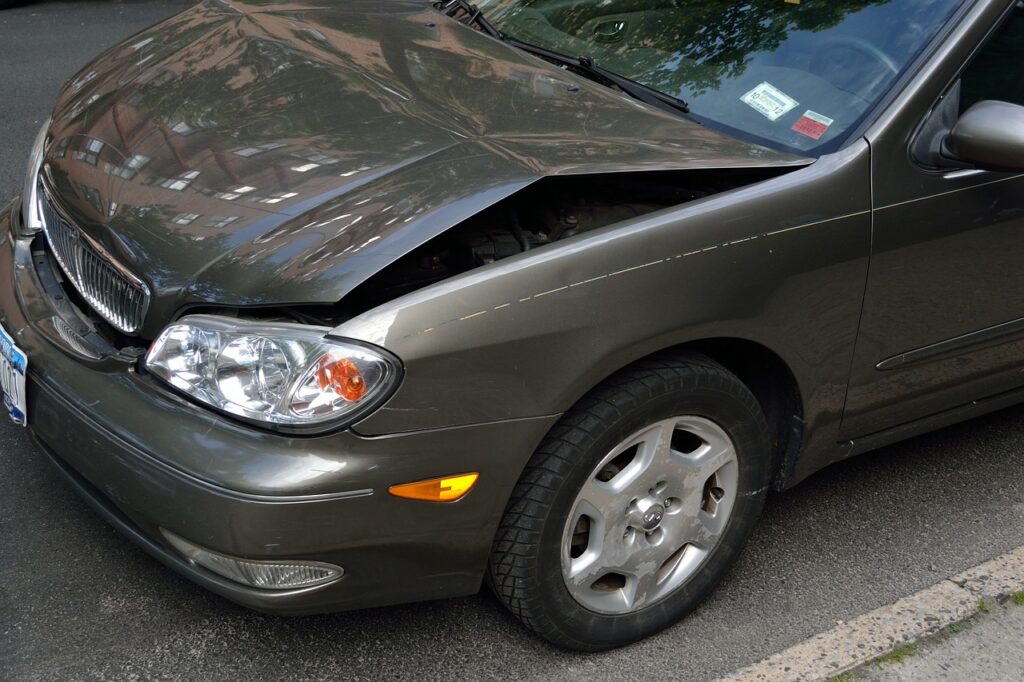
Professional Wheel Repair Methods
Wheel Straightening
Wheel straightening is a process used to repair bent or damaged car wheels. This method involves using specialized tools and machinery to carefully manipulate the wheel back into its original shape. Professional wheel straightening can effectively restore the wheel’s structural integrity and eliminate any vibrations or handling issues caused by the damage.
Wheel Welding
In cases where the damage is more severe, wheel welding may be necessary. This method involves adding metal to the damaged area of the wheel and welding it back together. Wheel welding requires advanced skills and should only be carried out by experienced professionals. It is typically used when there are cracks or significant structural damage to the wheel.
Wheel Replacement
In situations where the damage is too severe to repair or the wheel is not safe to use, a wheel replacement may be the best option. A professional can help you identify the appropriate replacement wheel that matches your vehicle’s specifications. While wheel replacement may be more costly, it ensures the safety and reliability of your vehicle.
DIY Wheel Repair Techniques
Safe Jacking and Lifting
Before attempting any DIY wheel repair, it’s crucial to prioritize safety. Jacking and lifting your vehicle properly is essential to prevent accidents or further damage. Follow the manufacturer’s instructions and use appropriate jack stands to support the weight of the vehicle. Failing to do so can lead to serious injuries or damage to the vehicle.
Using a Hammer and Heat
For minor dents or bends, a hammer and heat can be utilized to reshape the wheel. Carefully heat the damaged area with a propane torch or heat gun, and then use a rubber mallet or hammer to gently tap the metal back into place. This DIY technique requires precision and patience, as excessive force can further damage the wheel.
Using a Hydraulic Press
A hydraulic press can be used to apply controlled pressure to straighten a bent wheel. This method is more suitable for experienced DIY enthusiasts and should only be attempted with proper knowledge and safety precautions. The hydraulic press allows for precise force application, but it’s important to avoid over-straightening the wheel, as it can weaken the structure.
Filing and Sanding
For minor cosmetic damage, such as scratches or paint chips, filing and sanding can be effective in improving the wheel’s appearance. Use a fine-grit sandpaper to smooth out any imperfections, then apply touch-up paint to match the wheel’s color. This DIY technique is simple but may not address structural damage or major dents.
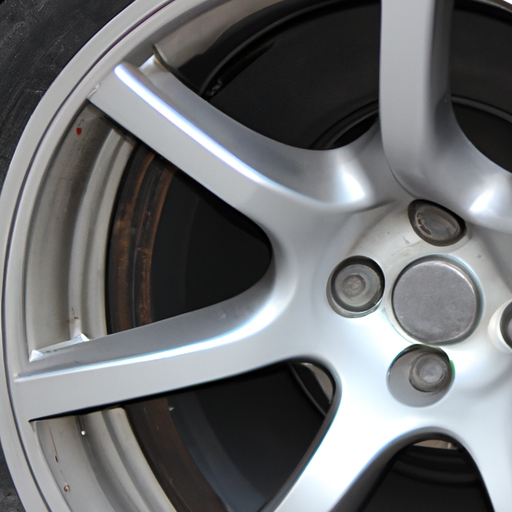
Factors Affecting Repairability
Severity of Damage
The severity of the damage to your car wheels will directly impact their repairability. Minor dents or cosmetic issues can often be successfully repaired, while deep cracks or extreme deformities may necessitate wheel replacement. It’s advisable to consult with a professional to assess the extent of the damage and determine the best course of action.
Type of Wheel Material
The material composition of your car wheels can affect their repairability. Steel wheels are generally more easily repaired, as they can withstand bending and straightening. Aluminum or alloy wheels, on the other hand, can be more challenging to repair, particularly if there are cracks or fractures. A professional can evaluate the specific material and advise you on the best repair approach.
Wheel Age and Condition
The age and condition of your car wheels can also influence their repairability. If your wheels are old, corroded, or have undergone previous repairs, they may not be suitable candidates for further repair. Over time, the structural integrity of the wheel may deteriorate, making it unsafe or impractical to attempt repairs. Consulting with a professional will help you make an informed decision regarding the repairability of your wheels.
Safety Considerations
Potential Risks
Repairing bent or damaged car wheels, especially through DIY methods, can come with certain risks. Without the necessary knowledge and expertise, you risk causing further damage to your vehicle or compromising its safety. Additionally, working with tools, heat, and heavy equipment can lead to personal injury if not performed correctly. Always prioritize safety and consider the expertise of professionals for complex repairs.
Consulting a Professional
When it comes to wheel repair, it’s advisable to seek the expertise of a professional. They have the experience, knowledge, and proper tools to assess the damage accurately and recommend the most appropriate repair method. Professionals can ensure that the repaired wheels are safe and reliable for your vehicle, giving you peace of mind on the road.
Working in a Controlled Environment
Repairing and restoring car wheels should ideally be done in a controlled and well-equipped environment. Professionals often have specialized facilities designed for wheel repair, ensuring that the process is carried out efficiently and safely. Attempting to repair wheels in an inadequate environment or without the necessary tools can lead to subpar results or pose risks to your safety.
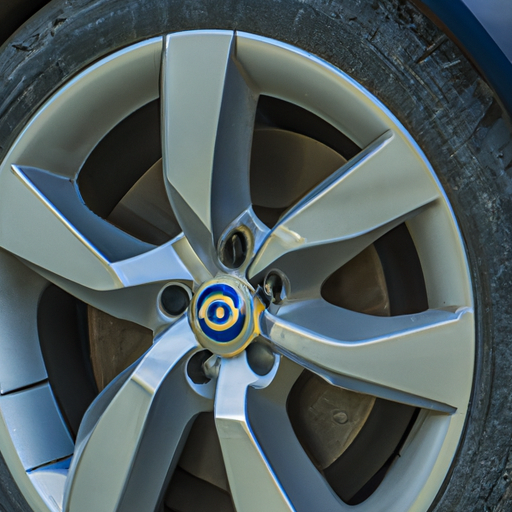
Cost of Wheel Repair
Professional Repair Costs
The cost of professional wheel repair can vary depending on several factors such as the extent of the damage, the type of repair required, and the specific wheel material. Minor repairs, such as wheel straightening, are generally more affordable, while wheel replacement or welding may be more expensive. It’s best to consult with professionals and obtain quotes to get an accurate idea of the cost involved.
DIY Repair Expenses
DIY wheel repair techniques can offer cost savings compared to professional repair. However, it’s important to consider the expenses associated with acquiring the necessary tools and equipment. Additionally, if the DIY repair is not successful, you may incur further costs to have the wheels professionally repaired or replaced. Assess your skills and resources before opting for a DIY approach to ensure a cost-effective solution.
Benefits and Drawbacks of Wheel Repair
Cost Savings
One of the significant benefits of wheel repair is the potential cost savings. By repairing your damaged wheels, you can avoid the expense of purchasing new ones. Professional wheel repair is often more affordable than wheel replacement, making it a cost-effective option for minor to moderate damage.
Preserving Original Wheels
If you have original or unique wheels that are no longer in production, repairing them can help you preserve their authenticity. Finding exact replacement wheels can be challenging and expensive, so being able to repair your existing ones can maintain the original look and value of your vehicle.
Quality of Repair
Professional wheel repair methods, when performed correctly, can deliver high-quality results. Skilled technicians can effectively repair bent or damaged wheels, restoring their structural integrity and appearance. DIY repairs, while cost-effective, may not always provide the same level of precision and durability.
Time Investment
Wheel repair, whether done professionally or as a DIY project, requires time and patience. Depending on the extent of the damage and the repair method, the process can take several hours or even days. DIY repairs, in particular, may require more time as you learn and execute the techniques. Consider your available time and schedule before opting for a particular repair approach.
Skill Requirement
Professional wheel repair techniques often require specialized skills and expertise. Wheel straightening and welding involve intricate procedures that can be challenging for an amateur to execute accurately. DIY repairs may be more suitable for minor cosmetic issues or maintenance tasks that do not involve significant structural damage. Assess your own skills and comfort level before deciding on the repair method.
When to Replace Rather than Repair
Irreparable Damage
Some wheel damage may be beyond repair due to the severity of the deformities or fractures. Cracked wheels, for example, may compromise the structural integrity and cannot be safely repaired. It’s essential to consult with a professional to assess whether the damage is repairable or if wheel replacement is the only viable option.
Safety Concerns
If the damaged wheels pose a safety hazard, it is crucial to replace them promptly. Bent or severely damaged wheels can affect your vehicle’s stability, handling, and overall safety on the road. Neglecting to address safety concerns can lead to accidents, tire blowouts, or further damage to your vehicle.
Wheel Integrity
When assessing the repairability of your wheels, consider the overall integrity of the wheel. If the wheel has undergone multiple repairs or is old and worn, it may be more prone to future damage or failure. A professional can help determine whether the wheel’s integrity is compromised and whether replacement is the safer choice.
Preventive Measures
Maintaining Proper Tire Pressure
Regularly checking and maintaining proper tire pressure can help prevent wheel damage. Underinflated tires increase the risk of hitting potholes or curbs, as they can make the tire sidewalls more susceptible to impact. Follow the manufacturer’s recommended tire pressure and check it regularly to ensure optimal safety and performance.
Avoiding Potholes and Curbs
To minimize the risk of bent or damaged car wheels, try to avoid driving over potholes and hitting curbs. Pay attention to road conditions, especially during periods of heavy rain or when visibility is low. When parking, take extra care to avoid scraping or hitting curbs.
Regular Wheel Inspections
Performing regular inspections of your car wheels can help identify any damage early on. Look for signs of dents, cracks, or bends during routine tire maintenance or when washing your vehicle. Promptly address any issues to prevent further damage and ensure the longevity of your wheels.
Repairing bent or damaged car wheels can be an effective solution to restore their functionality and appearance. Whether you choose professional repair or opt for a DIY approach, make sure to prioritize safety and consider the severity of the damage. Consulting with professionals will provide you with expert guidance and ensure that your repaired wheels are safe and reliable. By taking preventive measures and regularly inspecting your wheels, you can reduce the risk of damage and prolong their lifespan. Remember, maintaining proper tire pressure, avoiding potholes and curbs, and staying proactive will help keep your wheels in optimal condition for a smoother and safer drive.
